Grant Management for non-profit organizations: Maximizing Impact and Ensuring Compliance
By providing crucial financial assistance for non-profit organizations’ operations and efforts, grant management plays a crucial part in the success of their projects and the positive growth of their reputation. However, managing grants properly can be a challenging endeavor that calls for thorough preparation, sound financial management procedures, and a dedication to upholding donor standards. The necessity of increasing impact while ensuring compliance with donor restrictions will be highlighted in this article’s discussion of fundamental principles and best practices for grant management in non-profit organizations.
The creation of a strong and organized grant proposal is the first step in effective grant administration. Non-profit organizations must express their aim, objectives, and the exact project they are seeking funds for in detail. It is crucial to show that you have a good understanding of the donor’s goals and that your proposal is in line with their top priorities. A strong proposal should have a well-defined project plan with measurable objectives and an accurate budget and timeframe.
As an extension of the grant proposal, non-profit organizations are required to create accurate budgets that reflect the financial requirements of the funding. This entails meticulous cost estimation, which includes direct project costs, administrative expenditures, and any other related fees. The proper distribution of funds throughout the many project activities is essential, and the budget must also be open, justified, and in line with the donor’s requirements. The budget must be regularly reviewed and monitored during the grant duration to guarantee financial sustainability and account for any unforeseen costs.
Maintaining openness, accountability, and donor trust for non-profit organizations depends on their adherence to grant compliance criteria. It is crucial to maintain full adherence to the reporting criteria and timeframes, as well as to the terms and conditions indicated in the grant agreement. non-profit organizations should set up reliable procedures for managing finances, keeping records, and documenting project progress in order to accurately report the use of budget. Timely and accurate reporting not only satisfies the needs of donors but also improves the organization’s reputation and raises the likelihood of obtaining more funding possibilities.

Effective grant management requires a strong emphasis on monitoring and evaluation. non-profit organizations should create monitoring and evaluation frameworks to monitor project development, gauge results, and evaluate the effectiveness of their initiatives. Setting up key performance indicators and putting in place data collection techniques are required for this to be accomplished. Organizations can spot problems through routine monitoring, which also enables them to decide wisely and modify project methods as necessary. Additionally, it enables non-profit organizations to show donors the value of their work, which can improve their connection and bring in more financing.
Successful grant management depends on keeping lines of contact with donors open and transparent. Non-profit organizations could build trust by communicating often about project developments, sharing triumphs and setbacks, and asking for advice or support when necessary. Gaining the trust and understanding of contributors can result in more adaptability, more resources, and lasting collaborations. In order to maintain a pleasant and cooperative environment, effective communication also includes recognizing and thanking donors for their contributions.
Conclusively, for non-profit organizations to maximize the impact of their initiatives while maintaining adherence to donor rules, competent grant management is essential. Non-profit organizations can increase their chances of receiving funding, carrying out projects successfully, and bringing about long-lasting change in their target communities by concentrating on important financial areas such as grant proposal development, efficient budgeting, compliance and reporting, monitoring and evaluation, and building strong donor relationships. Non-profit organizations can enhance their grant management procedures and significantly impact the world with careful planning, strong financial management, and a dedication to accountability.
Published on October 30, 2023.
Stay tuned for new blogs every Monday!
Follow the iMPACT Magazine on social media for more informative content.






